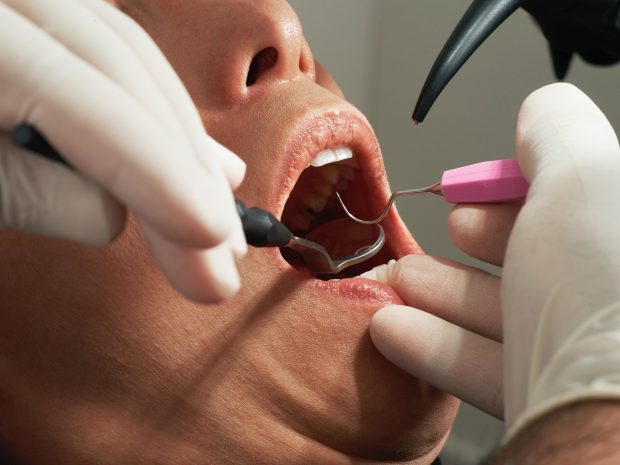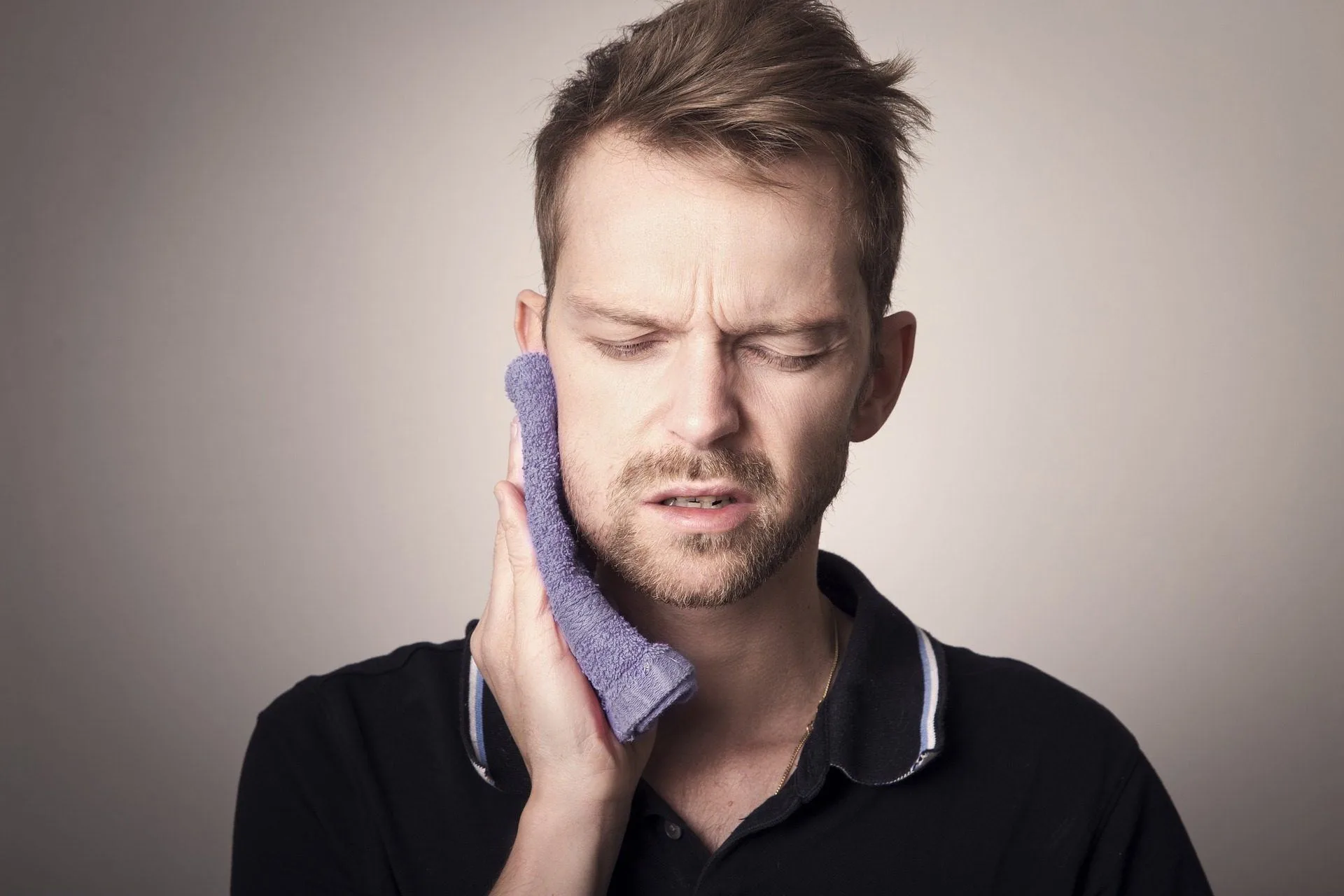Do you try to avoid beverages because they may lead to toothache? If yes, it’s time for you to visit a dentist. If you face sudden pains after consuming hot or cold foods, you are possibly experiencing teeth sensitivity.
It is a common type of dental problem occurring due to many factors. For instance, worn enamel, cavities, a cracked tooth, etc., can lead to a sensitive tooth. But why avoid food and beverages? Why not avoid sensitivity instead? Here are some expert tips to fight teeth sensitivity.
Never Avoid a Visit to Dentists
Numerous people avoid regular dental checkups owing to cost myths, dental anxiety, busy lifestyle, etc. But it can damage your smile and cost you a fortune. Teeth sensitivity can result from several factors. Dodging clinic visits can result in the underlying problem going unnoticed. Thus, it can lead to severe problems. Hence, it is vital to go for routine dental checkups.
Unfortunately, oral health is often neglected from childhood by parents. According to an article published in Contemporary Pediatrics in 2018, oral health often gets neglected due to a list of other priorities for children. Alison L Dickson, M.D. and Margherita Fontana, DDS, Ph.D., both of the University of Michigan in Ann Arbor, contributed to the article and acknowledged the fact that oral healthcare often takes a backseat behind other pediatric healthcare priorities.
It is not due to the lack of resources. For residents of Ann Arbor, even a simple Google search can provide details of an Ann Arbor dentist. But parents often cite insurance, transportation, and lack of access as reasons for neglecting oral healthcare in their children. Thankfully, the article lists some effective ways to ensure that dental hygiene gets prioritized.
Teeth sensitivity? Oral Hygiene Should Be the Top Priority
I cannot emphasize enough the importance of oral hygiene. You would have heard from childhood that you need to brush, clean your tongue, floss, and rinse your mouth twice a day, and there’s a good reason behind it. There’s no denying that good oral hygiene is the best way to avoid any dental problems.

Photo by Caroline LM on Unsplash
All the causes of tooth sensitivity arise from poor dental hygiene. For instance, cracked teeth, decay, or worn enamel expose odontoblasts. It is a neural crest cell present beneath the enamel. According to researchers, odontoblasts can sense cold, leading to sensitivity. Similarly, inflamed teeth resulting from poor hygiene are also sensitive.
Abiding by all the best practices alone is not enough to ensure good oral hygiene. You also need to practice all of them correctly. For instance, brushing hard can do more harm than good. Moreover, brushing in a circular motion is recommended. Thus, you need to practice good dental hygiene regularly and appropriately to minimize and eventually get rid of tooth sensitivity.
Home Remedies Are the Go to Option
Pain arising due to teeth sensitivity is usually sudden. Hence, you might not always be able to reach out to a dentist at the right time. In such scenarios, home remedies are the best option. They can help get temporary relief and provide permanent relief when used regularly. Some home remedies you can rely on are:
- Toothpaste with desensitizing agents: You can find numerous desensitizing toothpaste in the market. These have desensitizing agents such as potassium nitrate that shield the nerves to reduce sensitivity.
- Saltwater rinses: Saltwater rinses are the best option if your sensitivity’s underlying cause is inflammation. Adding half teaspoon of salt to lukewarm water is recommended for rinses.
- Green Tea: Green tea is known to have multiple health benefits, one of which is eased teeth sensitivity. But for the teeth, you don’t have to use it as a beverage but as a mouthwash.
Diet Is Always the Root Cause
Your diet plays a vital role in maintaining your overall health. Consuming high-sugar and acidic foods can lead to gum problems and periodontal diseases. It is recommended to eat fiber-rich fruits, vegetables, and dairy products to reduce tooth sensitivity. These products are basic in nature and can help fight the acid in the mouth.
Dental Procedures Comes in the End
If it’s too late to rely on home remedies or change your diet, don’t worry; you still have a dental procedure option left in your arsenal. Depending on the cause of the sensitivity, your dentist can recommend different procedures.
If the lost gum tissue is the cause, a surgical gum graft can help solve the problem. In this procedure, a small amount of gum tissue is taken from a healthy part of your mouth and stuck to the infected site to minimize sensitivity.
A root canal is another option for treating teeth sensitivity. Your dentist might recommend this as the last option if nothing else works. It is effective in treating the problems associated with dental pulp.
Closing comments
People often overlook teeth sensitivity as the resultant pain is temporary and short-lived. However, if not treated within time, this can lead to severe pain and discomfort. Hence, it is best to consider the tips mentioned above and start working on teeth sensitivity so that you won’t have to say no to hot and cold food or beverages anymore.
Main photo credit: Sammy Sander Pixabay



![women [longevity live]](https://longevitylive.com/wp-content/uploads/2020/01/photo-of-women-walking-down-the-street-1116984-100x100.jpg)










